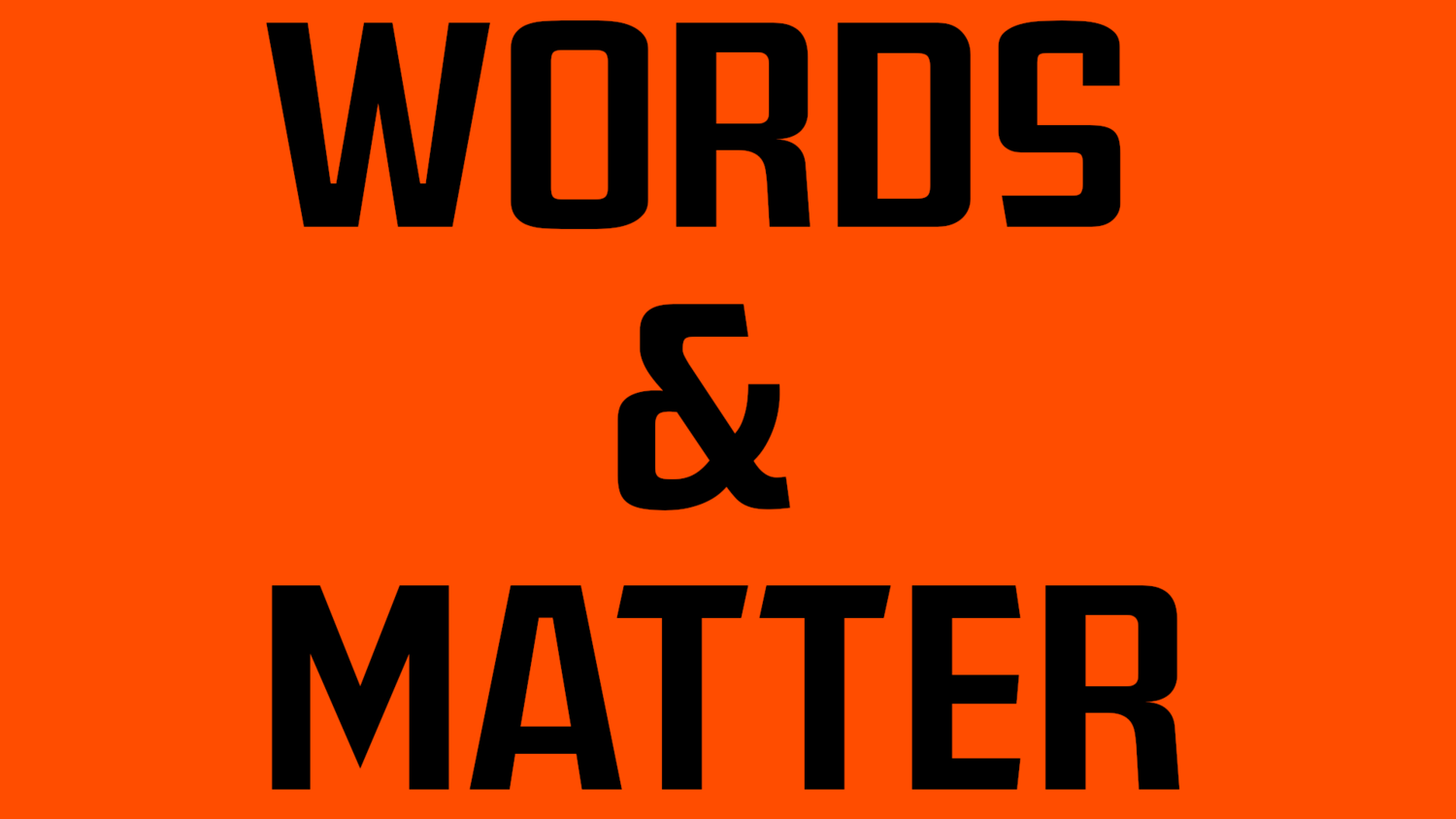If you're a man the chances are that you don't really read much at all. In fact, a new study suggests you'd prefer to watch...say, Game of Thrones over reading A Song of Ice and Fire.
The study, commissioned by The Reading Agency and carried out by OnePoll, uncovered the rather saddening revelation of male disinterest, reporting that 63% of men were not reading as much as they might do.
Why? Reasons include a lack of time, a feeling of finding it difficult, or simply because they don't enjoy it.
The results form part of the research into the reading habits of 2,000 British men and women and Sue Wilkinson, CEO of the Reading Agency, highlights the key factors affecting male interest:
“It seems that men recognise the value of reading books but admit that they don’t do it as much as they might for several reasons. TV shows and films, and the Internet, are competing for people’s time these days, especially that of young men, and our focus is to remind them of the pleasure that can be derived from reading a book as well.
That's a sentiment we'll certainly support. And, to its credit, the Reading Agency has already thought about addressing the problem. Ms Wilkinson reminds us, "This year’s World Book Night list of 20 books was selected with these young men in mind.’’
Authors, understandably, are disappointed with the findings. Novelist and former SAS sergeant Andy McNab has highlighted his own experiences as further proof of the issue, speaking to The Guardian:
"When I joined the Army straight out of juvenile detention I had the reading age of an 11-year-old, and I meet kids at the schools where I'm doing talks who are just the same."
Saying he himself has "years of books to catch up on", McNab says he is enjoying doing just that. Matt Haig, author of The Humans, makes clear that if the trend continues it would be very bad news:
"...the danger is that the fewer books men buy, the less incentive publishers and booksellers will have to reach out of them. Without books, civilisation falls into the dark ages. It wouldn't just be a shame, but a catastrophe if half the population stopped reading."
Haig has a point, but on a more positive note adds, "There are as many books being written as ever for men to enjoy. It's just about making them feel relevant"
Knowing about time and attention pressures ourselves, we'd have to agree that revelance is the first step on the road to getting guys reading again.
Hopefully this year's World Book Night can go some way towards doing that, but perhaps we can all do a little more to help the cause.











